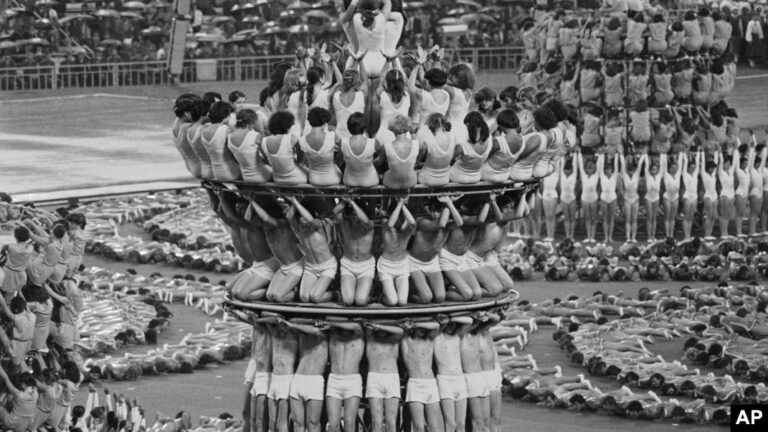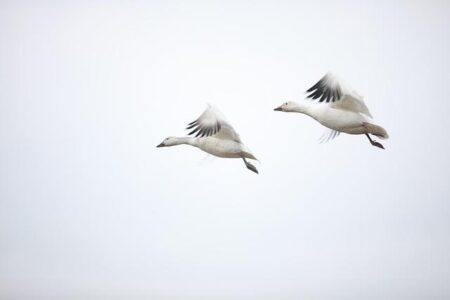Decades after the controversial 1980 Moscow Olympics, Australia’s athletes who defied the national boycott and competed have finally begun to receive the recognition long denied to them. Once branded as “traitors” for participating amid Cold War tensions and political pressure, these Olympians faced widespread criticism and marginalization at home. Now, in a significant shift, their courage and commitment are being acknowledged, shedding new light on a forgotten chapter of Australian sporting history. This article explores the journey of Australia’s 1980 Moscow Olympians-from vilification to vindication-and the broader implications for sport and politics.
Australia’s Moscow Olympians Face Decades of Stigma and Political Backlash
For decades, athletes who defied the Australian government’s boycott of the 1980 Moscow Olympics endured harsh criticism and social alienation. Many were branded as “traitors” to their nation, accused of prioritizing personal ambition over patriotism during a period of intense Cold War tension. The backlash extended beyond public opinion – institutional support and media coverage largely ignored their achievements, leaving these Olympians marginalized despite their commitment and sacrifice. Now, after more than 40 years, there is a growing recognition of their courage and the complex realities surrounding their decision to compete.
The reappraisal of these athletes is reflected in recent government acknowledgments, commemorative events, and renewed media interest. Their stories reveal:
- The profound impact of political interference on sports
- The resilience of athletes under pressure from both governments and society
- The broader implications for athletes facing geopolitical boycotts
| Year | Event | Impact |
|---|---|---|
| 1980 | Moscow Olympics Boycott | Political divide and athlete stigma |
| 2018 | First public recognition event | Healing and reconciliation begin |
| 2023 | Official government endorsement | National acknowledgment of athletes’ stance |
Reassessing the Impact of Cold War Politics on Australian Athletes’ Legacies
In the charged atmosphere of the 1980 Moscow Olympics, Australian athletes found themselves ensnared in a geopolitical tug-of-war that extended far beyond the sporting arena. The government’s partial boycott of the Games, prompted by the Soviet invasion of Afghanistan, placed sportspeople in the precarious position of choosing between national loyalty and personal ambition. Many who defied the boycott, competing under the Olympic flag rather than their national colors, were subsequently ostracised and branded as ‘traitors’ by sections of the media and the public alike. This stigmatization not only marred their immediate reception but also cast a long shadow over their athletic legacies.
Today, a more nuanced understanding is emerging, highlighting the courage and resilience these athletes demonstrated amid political coercion. Recognition efforts have taken shape through commemorative events, official apologies, and retrospective awards, aiming to restore their standing within Australia’s sporting history. The following table summarises key moments in the reassessment process:
| Year | Event | Significance |
|---|---|---|
| 1980 | Olympics Participation | Defied boycott, competed under Olympic flag |
| 1990s | Media Criticism | Labelled as politically disloyal |
| 2010 | Public Apologies | Government begins official recognition |
| 2023 | Hall of Fame Inductions | Athletes honoured for sporting achievements |
- Historical revision: Increasing acknowledgment of the political pressures faced.
- Cultural healing: Families and communities advocating for recognition.
- Legacy restoration: Inclusion in national sporting narratives and museums.
Calls for Official Recognition and Support to Honor Past Olympians’ Courage and Commitment
Decades after Australia’s 1980 Moscow Olympians faced public scorn and were branded as “traitors” for competing despite the government-led boycott, renewed calls for official recognition have gained momentum. Advocates argue that these athletes demonstrated extraordinary courage and commitment, defying political pressures to represent their country on the world stage. The push for acknowledgment includes demands for formal apologies, commemorative events, and institutional support to ensure that the sacrifices endured by these sportspeople are never forgotten.
Supporting voices emphasize several key points:
- Recognition would help heal decades-old wounds caused by the political controversy
- Official acknowledgement can inspire current and future athletes facing adversity
- Historical records need to reflect the true spirit and resilience of these Olympians
| Athlete | Event | Post-Games Recognition |
|---|---|---|
| Peter Lucas | Rowing | Lifetime Achievement Award (2023) |
| Debbie Flintoff-King | Track & Field | Official Apology from Sports Australia (2022) |
| Michael Delany | Swimming | Commemorative Medal (2024) |
Insights and Conclusions
As Australia’s 1980 Olympians finally receive the recognition long overdue, their story serves as a powerful reminder of the complex intersection between politics and sport. Once branded as traitors for competing amid a boycott, these athletes endured public vilification and personal sacrifice. Today, their courage and commitment are being acknowledged not only by the sporting community but also by the nation that once turned its back on them. This overdue recognition restores their place in Australia’s sporting history and honors the resilience of those who dared to pursue excellence against the odds.




